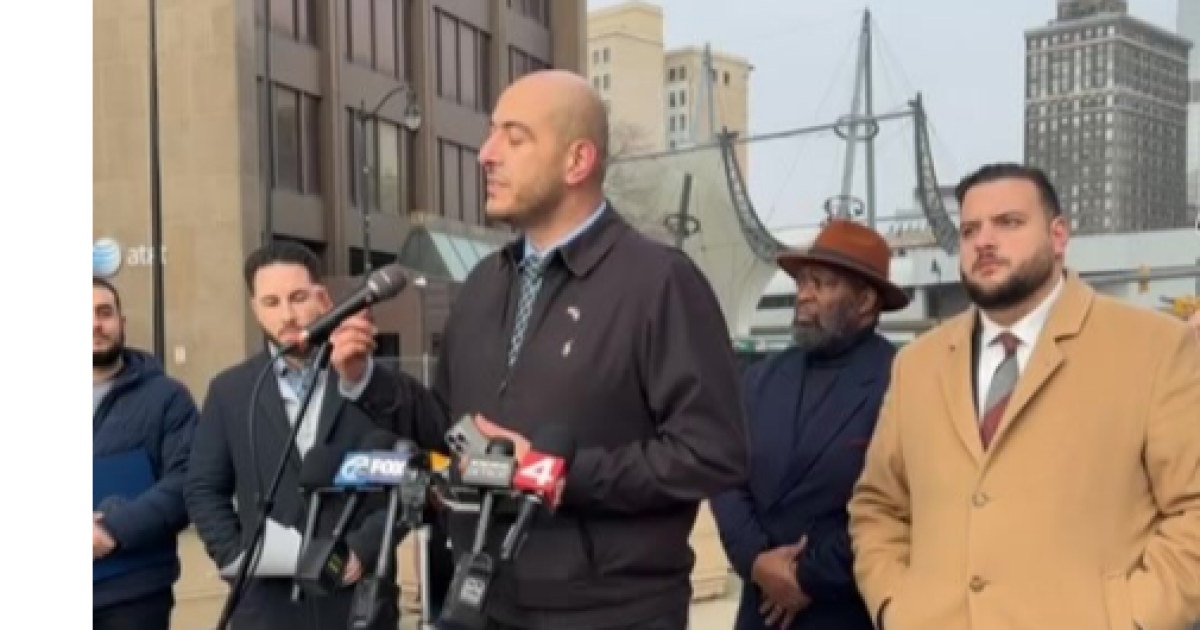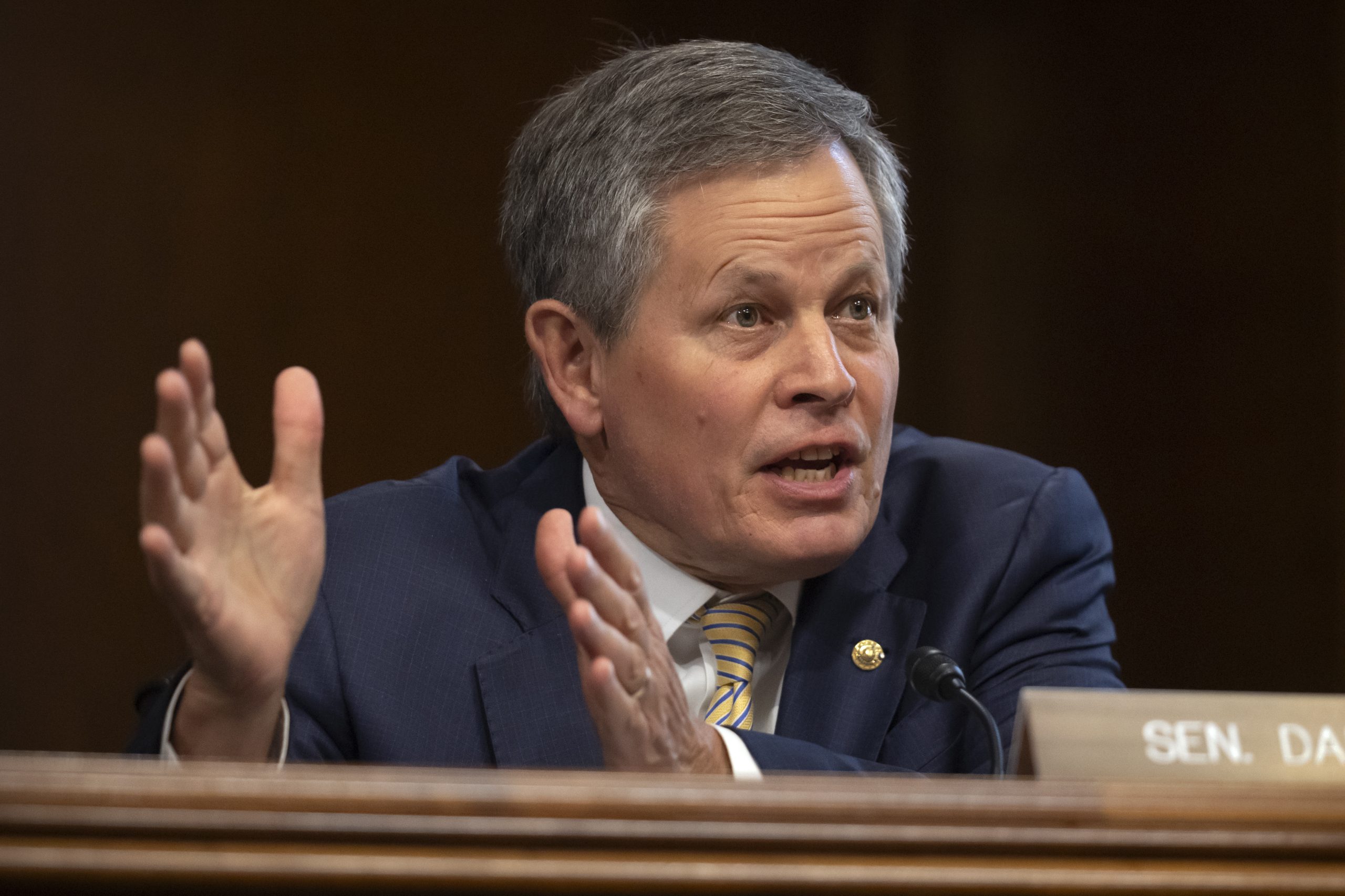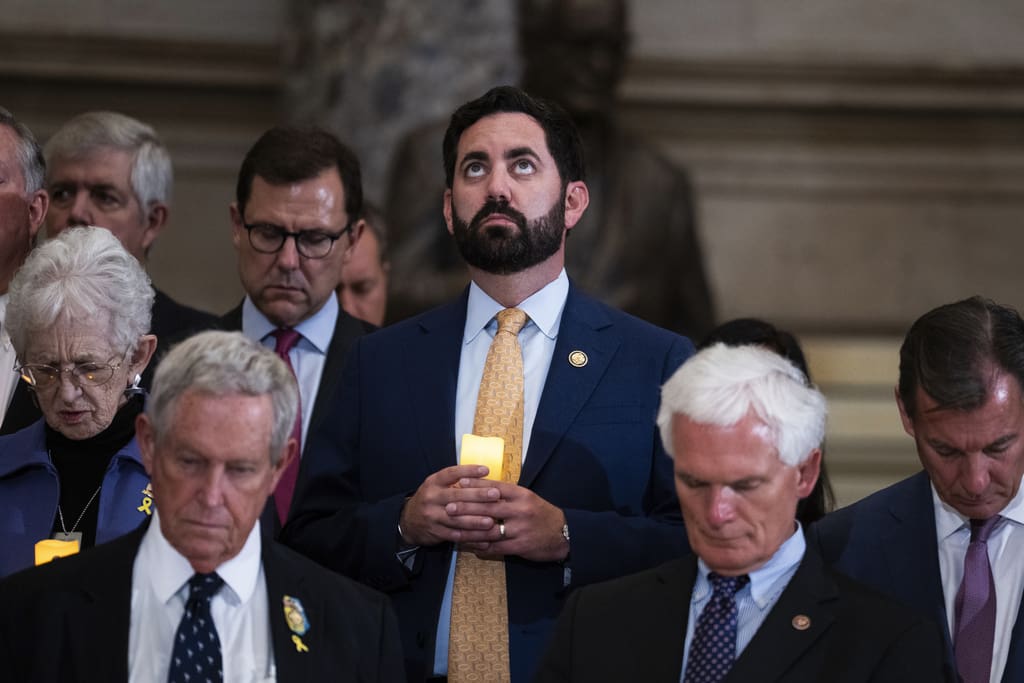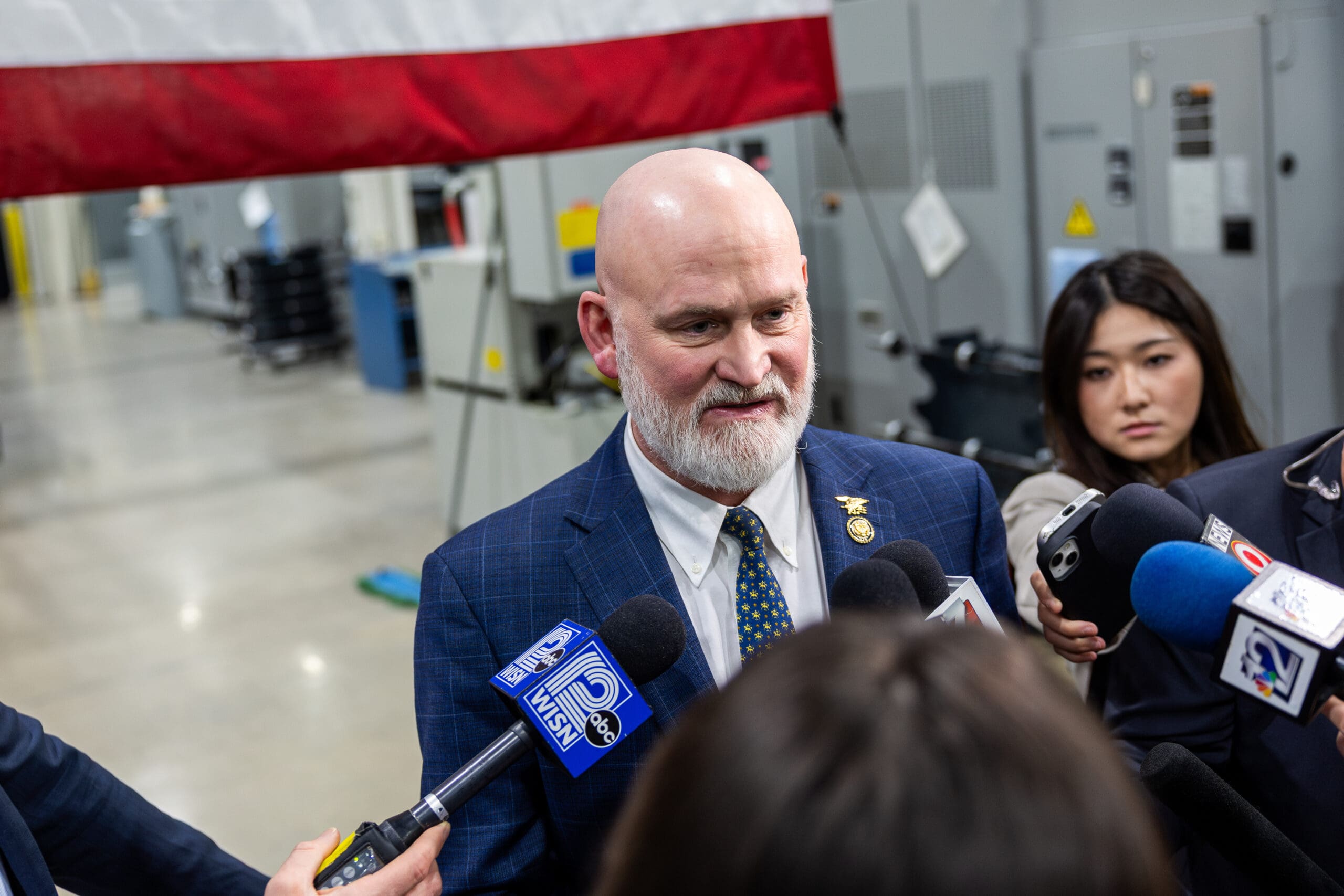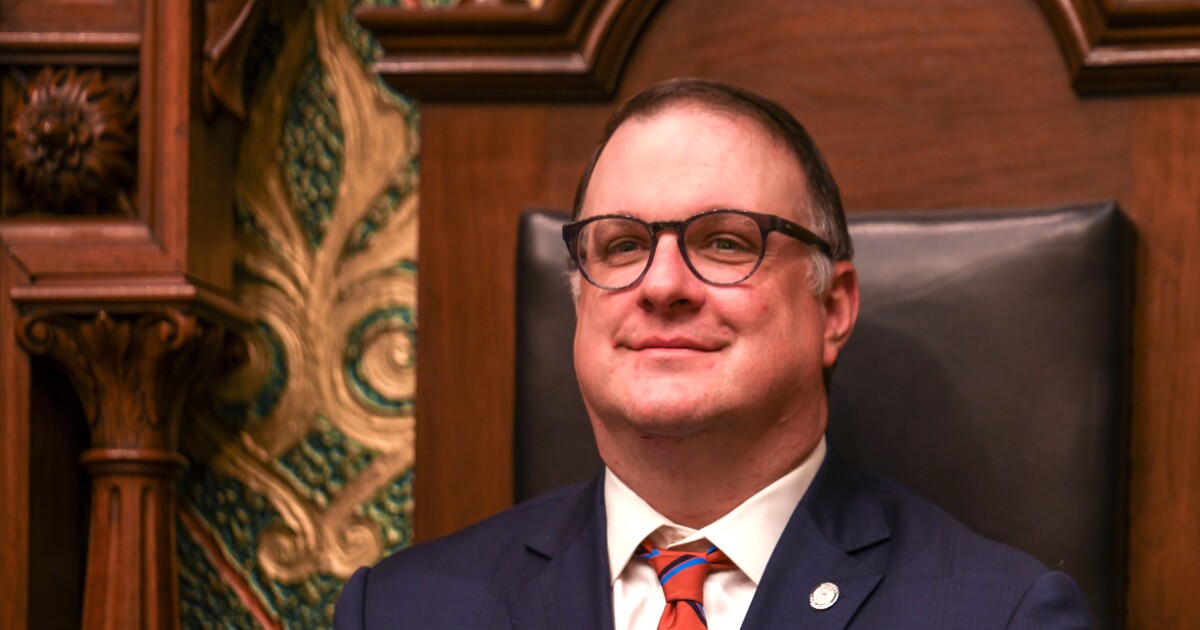Article Summary –
The Wisconsin health care community is preparing for financial challenges due to President Trump’s One Big Beautiful Bill Act, which makes substantial cuts to Medicaid, potentially impacting 63,000 Wisconsinites, and fails to extend Obamacare subsidies, possibly leading to higher insurance rates. The state has responded by increasing its hospital assessment to secure Medicaid funding before the federal legislation took effect, but rural hospitals and community health centers remain vulnerable, with potential closures and service reductions imminent. Despite the uncertainty and projected losses, health care leaders remain optimistic, emphasizing resilience and a commitment to continue providing care amid the anticipated difficulties.
Wisconsin’s healthcare sector is anticipating financial challenges following the enactment of President Donald Trump’s One Big Beautiful Bill Act, which introduces significant changes to Medicaid and the Affordable Care Act (ACA). Despite uncertainty, optimism remains among leaders.
The legislation, signed on July 4, implements sweeping policy changes, including increased military spending and stricter immigration enforcement, while slashing over $1 trillion from Medicaid in the next decade. The new work requirements for childless adults are expected to render 63,000 Wisconsinites ineligible for Medicaid, as per Wisconsin Medicaid Director Bill Hanna. Additionally, the failure to extend subsidies for Obamacare could lead to higher insurance rates in health care exchanges.
Experts have raised concerns about these changes’ impacts for months. A letter from four Democratic U.S. senators warns that three rural Wisconsin hospitals are among 383 facilities nationwide at risk of closing due to the legislation: Mayo Clinic Health System-Oakridge in Osseo, Froedtert Holy Family Memorial Hospital in Manitowoc, and Aspirus Stanley Hospital. A report by Third Way predicts Wisconsin hospitals will lose $264.6 million annually.
On July 3, Democratic Gov. Tony Evers and lawmakers hurriedly approved Wisconsin’s state budget to secure Medicaid funding for hospitals ahead of the federal bill. The state increased the hospital assessment, or provider tax, from 1.8% to 6%, tapping federal matching funds for Medicaid. Without this adjustment, Wisconsin would have forfeited over $1 billion in Medicaid funding, as noted here.
The Wisconsin Hospital Association applauded this funding boost, as a previous report highlighted that 55 of the state’s 167 hospitals were operating at a loss. WHA President Kyle O’Brien emphasized that increased funding supports hospitals struggling with Medicaid reimbursement losses, outlined in their press release.
Wisconsin’s community health centers, providing essential care in low-income areas, brace for impact since Medicaid funds about 70% of their budgets, according to Scott Stewart of the Wisconsin Primary Health Care Association. In Stevens Point, Noble Community Clinics opened a new facility on July 15, just after the bill passed. CEO Laura Waldvogel anticipates losing 10% of their Medicaid patients due to the legislation.
The new clinic consolidates Noble’s services in a 38,000-square-foot facility, a project delayed by COVID-19. While the opening was celebratory, Waldvogel acknowledged they might have altered plans had they foreseen such sweeping changes. They have already scaled back expansion in Beaver Dam.
Stewart notes that community health centers have seen more uninsured patients recently, straining the system and necessitating program cuts and staff reductions. The federal budget’s changes will likely worsen these issues. As Medicaid eligibility drops, more individuals could turn to Obamacare or end up uninsured, potentially causing some centers to close, as explored here.
Despite the challenges, Waldvogel reassures staff and residents that Noble will continue to provide care without immediate staffing cuts, emphasizing resilience over fear in navigating these changes.
—
Read More Wisconsin News



